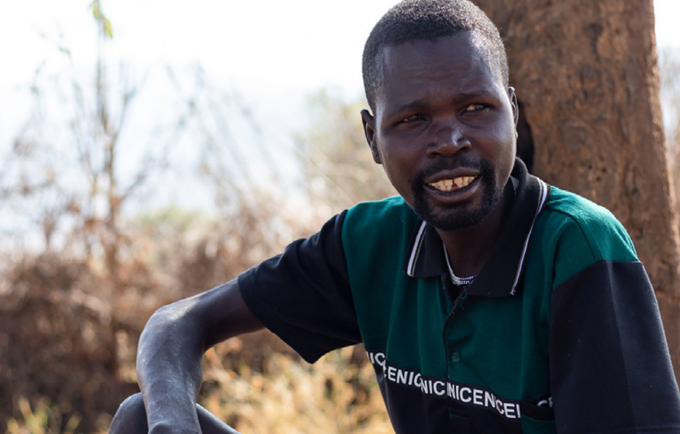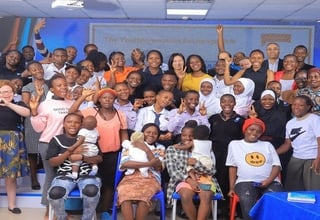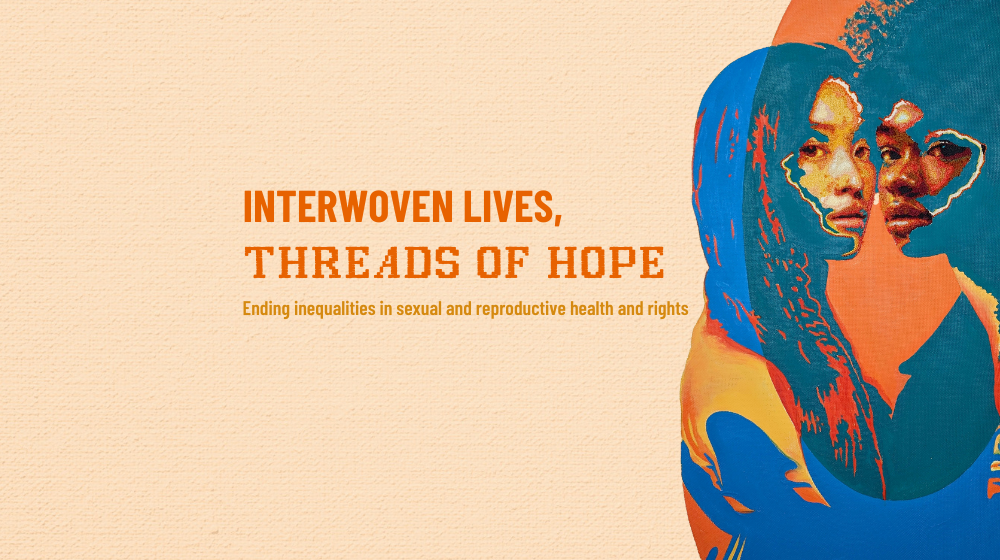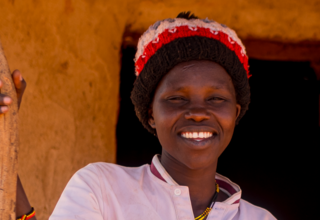Having gone through the men's programme, I now counsel couples that are still struggling with domestic violence ...I am now the man that I needed to be.
In the small village of Kanakomol in Moroto District, Uganda, lives a man who has taken a phenomenal journey of transformation.
For anyone who knew him before, the man standing before us is a completely different person. Thirty-two year old Emmanuel Losike is a loving husband, father and a change maker.
Emmanuel’s life was not always like this. He says, “I grew up looking after cows. In my early teenage years, I turned violent and would pick fights with everyone. My mother wouldn’t be spared as I would attack her too.” he says.
Emmanuel says that things worsened when he got married. He was not only violent, but now had even much more power to exercise, and his wife bore the brunt of his tempers. He indulged in drinking alcohol and would beat his wife for trivial reasons. He used to demand for food from his wife, even when he hadn’t left any money at home to buy it or provide any necessities to the family.
Emmanuel would continue on this road of destruction and despair inflicting both physical and mental pain on his family. He married a second wife and the cycle continued. The social and cultural norms in his village did not help. In this part of Uganda, women are expected to single-handedly bear the burdens of raising children, while dealing with physical and mental wounds from beatings and verbal terror inflicted by their partners. 'A woman is supposed to be strong', they are often told.
And then one day, Emmanuel met two volunteers from the men’s programme [Engaging Men in Accountable Practices-EMAP] who were enrolling men for sessions. Emmanuel recounts, “We sat down and they talked to me about the programme. They said that the programme helps men to talk about issues regarding violence in homes and communities and how men can help their wives and fight violence.”
From his interaction with the volunteers, Emmanuel says he felt like they knew about his story of domestic violence because everything they spoke about, described his actions. His encounter with the community volunteers would set Emmenual on a path of transformation. Emmanuel joined the programme. He reflects, “I voluntarily joined the programme and went through the recommended sessions.”
Emmanuel’s life changed so much that when his wife became pregnant, he accompanied her to the hospital during the antenatal visits until she gave birth. He has promised to be the doting father every child seeks to have and further asserts to take care of his home. He says, “Through the teachings of EMAP, I counsel couples that are still struggling with domestic violence and also advise men to stop drinking excessive alcohol.” He continues, “...I am now the change that I needed to be. At home, I cook for my family, fetch water and wash clothes as well.”
Emmanuel now advocates for the persecution of men who marry underage girls. Emmanuel is one among the many men who have transformed from being perpetrators of gender-based violence to being allies against domestic violence. Involving men to confront social and gender norms against gender-based violence is a powerful way to ignite everlasting and protective communities for women and girls.
This is just one among the many lives that the Government of Sweden is changing through the generous funding to the Joint Programme on Prevention and Response to Gender-Based Violence. The United Nations Population Fund (UNFPA) through partnership with the International Rescue Commission is implementing community sustainable interventions like Engaging Men in Accountable Practices-EMAP under the joint programme. To date, the programme has engaged over 10,500 men to champion a gender transformative community that protects women.




